Let’s get real for a second. If you’re here, you probably have this burning question stuck in your mind: how long do mushrooms stay in your system? And you know what? That’s a totally normal thing to wonder about—whether you’re just curious, worried about a drug test, or maybe you had a wild night and now you’re double-checking what you signed up for. Whatever your reason, breathe easy for a moment. You’ve come to the right place, and we’re going to talk about it like real people do.
So grab a cup of something cozy, settle in, and let’s take this trip together (pun slightly intended). We’re going to break down everything you need to know—without the stiff medical jargon, without judgment, and with a whole lot of empathy. We’ll cover what happens when you take magic mushrooms, how your body processes them, how long they hang around (especially if you’re worried about a drug test), and some honest, real talk about the benefits and risks. You ready? Let’s go.
What Are Magic Mushrooms, Anyway?
First things first. When people talk about “magic mushrooms,” they usually mean mushrooms that contain psilocybin—a natural, mind-altering compound that can take you on a journey to places you didn’t know existed (at least, in your mind). Psilocybin gets converted into psilocin in your body, and that’s what does the magic: shifting your perceptions, colors, sounds, emotions, and sometimes even your sense of time.
There are over 180 kinds of mushrooms with psilocybin. The most famous? Probably Psilocybe cubensis—the classic “golden cap.” Some are stronger than others, and potency can even vary between two mushrooms growing side by side. It’s a bit like Forrest Gump’s box of chocolates… you never really know what you’re gonna get.
How Do Magic Mushrooms Work in Your Brain and Body?
Imagine your brain as a busy city. Normally, there are strict traffic rules—thoughts follow certain roads, feelings stick to their lanes. But when you eat magic mushrooms, psilocin comes in and throws a wild street party. New connections pop up, old patterns break down, and suddenly, well… things get interesting.
Typically, effects kick in within 30 to 60 minutes. You might feel a gentle buzz, or you might be swept up in a full-on psychedelic adventure that lasts four to six hours (sometimes longer). But here’s the twist: just because the experience fades doesn’t mean the mushrooms are totally gone from your system.
How Long Do Mushrooms Stay In Your System?
Ah, the heart of the matter: how long do mushrooms stay in your system? You’d think there’d be a simple answer, but, as with most things in life, it’s a little more complicated. Let’s break it down.
Detection Windows: Blood, Urine, Saliva, and Hair
Here’s a quick look at how long psilocybin and its metabolites can stick around in different parts of your body:
| Test Type | Detection Window | How Common? |
|---|---|---|
| Blood Test | Up to 24 hours | Rarely used |
| Urine Test | 1–3 days (sometimes up to 7 days for heavy use) | Most common |
| Saliva Test | Up to 24 hours | Very rare |
| Hair Test | Up to 90 days | Extremely rare |
So, if you’re worried about how long do mushrooms stay in your system for a drug test, the good news is: drug tests rarely look for psilocybin. Most standard drug panels (like the ones for jobs) don’t even bother with shrooms. But if you’re being tested specifically for them (say, in a legal or medical context), urine is the go-to method, and you’re looking at about 1 to 3 days, maybe a little longer for heavy or repeated use.
Factors That Affect How Long Mushrooms Stay In Your System
Here’s where it gets messy—like, real messy. Everyone’s body is different, and these things matter:
- How much did you take? Higher doses = longer in your system.
- Type of mushroom. Some are much stronger than others.
- Your metabolism. Fast metabolism? You’ll clear it quicker. (Jealous.)
- Age, health, body weight. Younger, healthier folks usually process things faster.
- Other substances. If you’ve eaten, drunk, or taken other substances, it might affect absorption and elimination.
I once knew someone who microdosed for a week straight. They were shocked that even after a few days off, a super-sensitive urine test still picked up traces. Everyone’s body tells a slightly different story.
How Your Body Breaks Down Psilocybin
Alright, let’s nerd out for a second. Psilocybin gets transformed in your liver into psilocin, which is what actually makes you feel the effects. Your body then goes to work: breaking it down, sending it out through your urine, sweat, and even a bit through your breath. Most of it is gone within 24 hours, but traces can linger a bit longer, especially if you’ve used a lot or have a slower metabolism.
Real-World Example: The Curious Case of the Surprise Test
Here’s a true story (names changed, obviously): My friend Sam tried shrooms for the first time, had a great time, and then got nervous about a random work drug test. They panicked, googled everything under the sun, and basically sweated out half their body weight. Guess what? The standard 5-panel test didn’t even look for mushrooms. Sam was totally fine.
The moral? Sometimes our worries are bigger than reality. But it’s always smart to check what kind of test you’re facing if you have concerns.
Magic Mushrooms and Drug Tests: What You Need to Know
Okay, let’s get into specifics. If you’re sitting there thinking, how long do mushrooms stay in your system for a drug test?—especially urine tests—here’s what you need to know.
Will Mushrooms Show Up On a Drug Test?
Short answer: Usually, no. Standard drug tests (like those used by most employers) don’t check for psilocybin or psilocin. They’re much more worried about things like THC, cocaine, opiates, amphetamines, and so on. That 5-panel test? Shrooms don’t make the list.
But—and there’s always a but—some specialized tests can detect psilocybin and psilocin. These are mainly used in legal, forensic, or medical contexts, not your average pre-employment screen. If you know you’re being tested specifically for mushrooms, the detection window for a urine test is usually 1–3 days, possibly up to a week for heavy, frequent use.
Types of Drug Tests and Their Sensitivity
Here’s a closer look at how different tests work:
- Urine tests: Most common. Psilocybin/psilocin detectable 1–3 days, sometimes a bit longer. But they need a special test panel for it.
- Blood tests: Detectable up to 24 hours. Rarely used because the window is so short.
- Saliva tests: Can pick up traces for less than a day. Almost never used for mushrooms.
- Hair tests: Can show drug use for up to 90 days, but these tests are complex, expensive, and almost never used for shrooms.
Feeling more relaxed? You should be. The odds are wildly in your favor if you’re facing a typical drug screen.
Detection Windows by Test Type (Quick Table Recap)
| Test Type | Typical Detection Window | Likelihood of Use for Mushrooms |
|---|---|---|
| Urine | 1–3 days (up to 7 for heavy use) | Possible, but rare |
| Blood | Up to 24 hours | Extremely rare |
| Saliva | Up to 24 hours | Very rare |
| Hair | Up to 90 days | Almost never |
Risks, Benefits, and Harm Reduction: Let’s Be Honest
Now, before you sprint off thinking shrooms are a total “get out of jail free” card, let’s have a heart-to-heart. Magic mushrooms can be amazing—yeah, people have profound, life-changing experiences. There’s even research into therapeutic uses, like helping with depression and PTSD. But there are real risks, too.
- Bad trips: Sometimes the journey is rough—anxiety, paranoia, scary thoughts. No fun at all.
- Physical side effects: Nausea, dizziness, sometimes even vomiting.
- Legal trouble: In most places, psilocybin is illegal. Getting caught can mean fines, jail, or worse.
- Mental health: Shrooms can trigger or worsen mental health issues in some people. If you or someone in your family has a history of psychosis or schizophrenia, be extra careful.
But I promised honesty, and here it is: For many, the risks are manageable with the right mindset, setting, and support. If you ever decide to take mushrooms, do your homework. Talk to people you trust. Don’t go it alone. And if you’re feeling off or scared, reach out for help—no shame, ever.
Harm Reduction Tips
- Start low, go slow. You can always take more, but you can’t un-take what you’ve swallowed.
- Always be with people you trust. Having a sober sitter is a game-changer.
- Stay hydrated and fed. Empty stomach? Effects hit faster and harder.
- Know your mushrooms! Some wild ones are toxic and can be deadly.
- Don’t mix with other drugs or alcohol—seriously, just don’t.
- If things get weird or scary, remember: it will pass. Try to breathe, listen to your favorite music, or change your environment (go outside, if it’s safe).
When Should You Seek Medical Advice?
If you or someone you know has taken mushrooms and starts showing signs of confusion, paranoia, violent behavior, or won’t wake up—don’t wait. Seek medical help. Most healthcare providers are there to help, not judge. Your safety always comes first.
Common Myths & Misconceptions
Let’s bust some myths, shall we? There’s a lot of “wisdom” floating around out there, but not all of it holds up. Here are a few I hear all the time:
- “Mushrooms are out of your system in 24 hours.” Not always true. While most effects are gone, traces can linger in urine for a couple of days, especially with higher doses.
- “You can flush mushrooms out by drinking lots of water.” Nice try! While staying hydrated is good, you can’t speed up your body’s metabolism in any meaningful way. Your liver and kidneys work at their own pace.
- “If you breathe near someone tripping, you’ll test positive.” That’s a hard no. Psilocybin isn’t airborne (imagine if it was!).
And here’s a fun one: someone on Reddit once worried they’d failed a drug test just by touching magic mushrooms with bare hands. Unless you’re licking your fingers, you’re safe. (But wash your hands, obviously.)
Life After Mushrooms: Will They Affect You Forever?
Here’s something people don’t talk about enough: After the experience fades and your body processes the psilocybin, most folks are back to baseline in a day or two. No magic powers (unfortunately), no lingering superhuman insights (well, maybe a few personal revelations), and definitely no secret “mushroom detector” that follows you around for weeks.
But some people do report feeling “off” for a day or two—tired, mentally foggy, or just a little… different. That’s normal. Give yourself time to rest, eat good food, and sleep it off. Your body (and brain) will thank you.
Comparing Mushrooms to Other Substances: How Do They Stack Up?
Ever wondered how magic mushrooms compare to, say, cannabis or LSD when it comes to drug tests? Here’s a quick rundown:
| Substance | Usual Detection in Urine | Usual Detection in Hair | Standard Drug Test? |
|---|---|---|---|
| Psilocybin Mushrooms | 1–3 days | Up to 90 days (rarely tested) | No |
| Cannabis (THC) | 7–30 days | Up to 90 days | Yes |
| LSD | 1–3 days | Up to 90 days (rarely tested) | No (but possible) |
| MDMA | 1–4 days | Up to 90 days | Yes |
| Cocaine | 2–4 days | Up to 90 days | Yes |
So, when it comes to how long do mushrooms stay in your system for urine test purposes, you can see that they’re on the shorter end of the spectrum—especially compared to cannabis, which can stick around for weeks.
What’s the Bottom Line?
So, how long do mushrooms stay in your system? For most people, they’re out of your body within a few days, especially if you’re healthy and don’t use them often. Standard drug tests rarely check for them, and even specialized tests only have a small window to find them. Most importantly, your experience is unique—your body, your metabolism, your story.
It’s okay to feel a little anxious or uncertain. The point of all this isn’t to scare you or give you a false sense of security—it’s to empower you with real, honest answers. And if you’re ever in doubt, don’t be shy about reaching out to a medical professional or trusted friend. You deserve good information and peace of mind.
So, what do you think? Did this answer your burning questions, or do you still have something on your mind? Share your own experience, or just say hi in the comments. Remember: you’re not alone, and there’s no such thing as a “dumb” question here.
Stay safe, stay curious, and take care of yourself. You’ve got this.

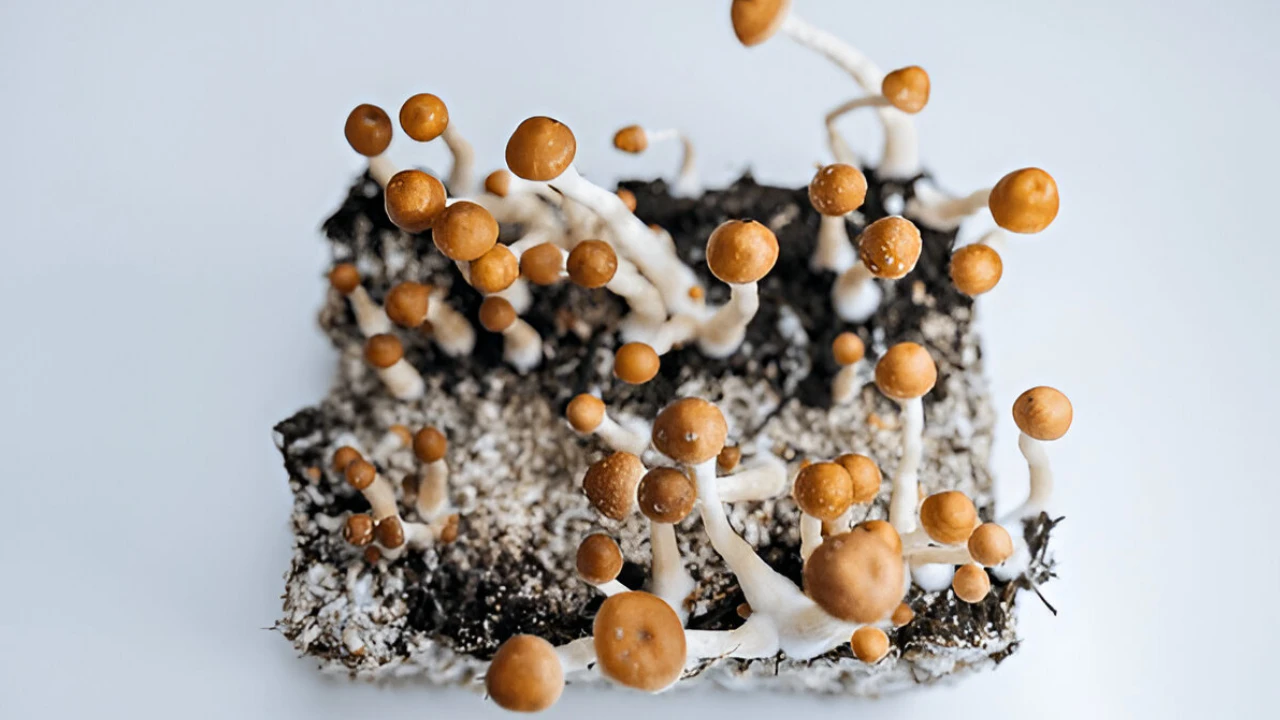




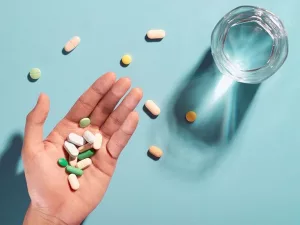

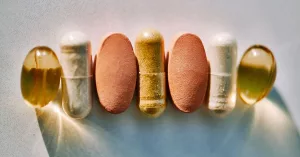
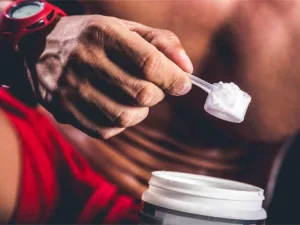
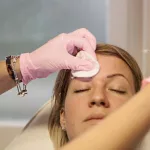

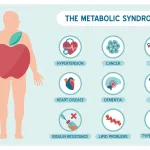


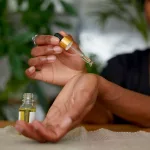









Leave a Reply
You must be logged in to post a comment.